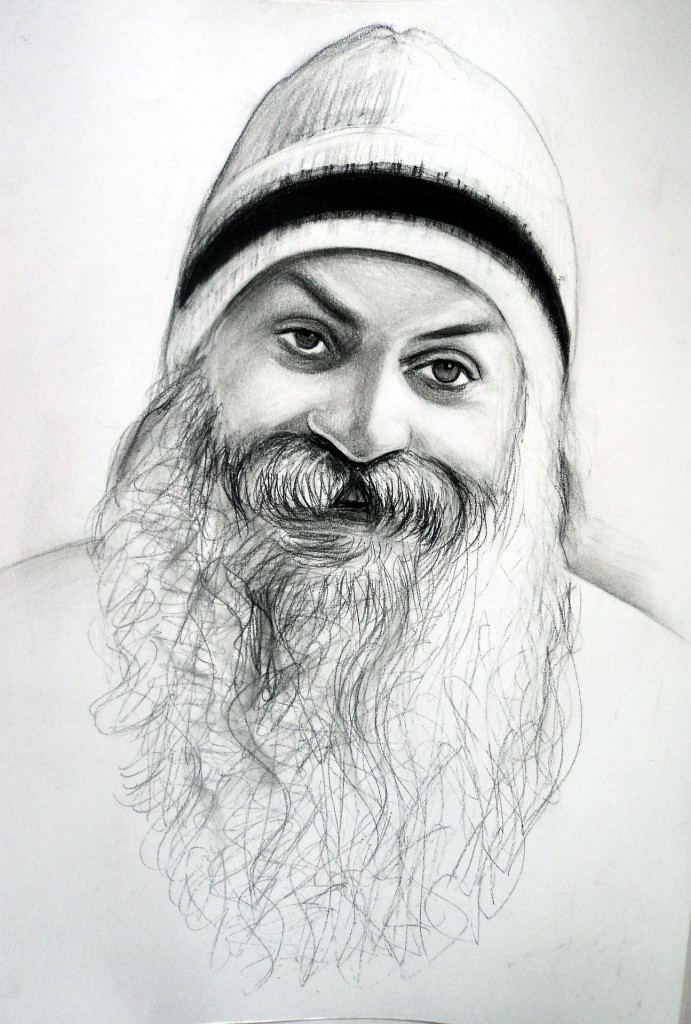 Continuing our survey from last time, fifth, sometimes “the Trinity is a mystery” means that the doctrine of the Trinity is unintelligible, or nearly so. Some ancient “church Fathers” hold that the doctrine of the Trinity can’t be literally understood, so that we’re forced to use analogies to describe it, all of which are very bad analogies. But, they seem to think, piling bad analogy upon bad analogy can, somehow, yield a small degree of understanding of this doctrine, at least, enough to inspire us to pursue this triune God.
Continuing our survey from last time, fifth, sometimes “the Trinity is a mystery” means that the doctrine of the Trinity is unintelligible, or nearly so. Some ancient “church Fathers” hold that the doctrine of the Trinity can’t be literally understood, so that we’re forced to use analogies to describe it, all of which are very bad analogies. But, they seem to think, piling bad analogy upon bad analogy can, somehow, yield a small degree of understanding of this doctrine, at least, enough to inspire us to pursue this triune God.
Here we are neck-deep in controversial claims.
- Why think we can only understand this doctrine by using multiple, admittedly bad analogies?
- Why think that piling up admittedly bad analogies leads to any positive understanding of what the doctrine is?
- Many trinitarians in fact propose literally understandable models of the Trinity, urging that it means that there are three divine selves who function as one, or one divine self who eternally lives his life in three different ways.
- Or they propose what they say are fairly apt analogies, comparing God to a family, or to a being, his mind, and his love, a man who plays three roles in his life, an animal with three heads and three minds, or a mental patient with multiple personality disorder. Some suggest that while such analogies are not wholly adequate, even so, some of them are usable enough, and some are better than others.
One must suspect flim-flam in the claim that an all-important doctrine pretty much can’t be understood. If it is important for us to believe that “God is one ousia in three Persons,” we must not only be able to pronounce sentences like that, but must also grasp their meaning. It’s not enough here to point at the alleged experts, and say that we mean whatever they mean. And it can’t merely amount to claiming that God is one in some way and three in another way, as theologians tell us that this would leave heretical “modalism” as an option. There are many important truths which we ordinary laypeople can’t understand without some tutoring. Let the experts come forth then and answer this question: exactly what is this important truth conveyed by sentences like “God is one ousia in three Persons”?
Our problem is that the experts do not agree. Some expound the Trinity as a community of loving selves, and others as but a single self living in three ways. And some tell us that if we think we understand it, we don’t understand it. They seem, then, to be urging us to just obediently mouth the trinitarian sentences, whether the ancient creeds, or the simplified ones found in current Protestant statements of faith. But this sort of thing would strike us as bizarre, and maybe even abusive, were we to observe it is some other religious setting.
 Imagine that a guru named Opi tells his disciples to believe that “Opi is the dopi.” When questioned about the meaning of this, suppose he stonewalls them. One would feel bad for his disciples; it would seem that their master is not treating them like intelligent adults. How do they know that what they’re saying isn’t false? After all, while mouthing the sentence, they literally don’t know what they’re saying.
Imagine that a guru named Opi tells his disciples to believe that “Opi is the dopi.” When questioned about the meaning of this, suppose he stonewalls them. One would feel bad for his disciples; it would seem that their master is not treating them like intelligent adults. How do they know that what they’re saying isn’t false? After all, while mouthing the sentence, they literally don’t know what they’re saying.
Or perhaps he merely tells them some implications of it; he says that it implies that he’s not an egg, and that he’s not an elephant. Still, they’re none the wiser about what it does mean. Or perhaps he tells them that it means that Opi is like a lightning storm, but also like photosynthesis. And that he’s like fire, but also that he’s like ice. And their guru is a pond and a desert, a meatball and a bowl of soup. Perhaps he tells them that there’s no good analogy to explain the meaning of “Opi is dopi,” nor can it be understood apart from any analogy. Such disciples will start to suspect that he doesn’t know what it means either!
But maybe he does. When not pontificating on the ineffability of “Opi is the dopi” he he acts like he understands it. One of his disciples wonders aloud whether it’s right to worship . One of his disciples wonders aloud whether it’s right to worship Opi, and Opi tells him that it is right, because Opi is the dopi. A reporter asks, isn’t this guru fallible, given his apparently false predictions about world events, and the guru replies that because he is the dopi, he knows all. The same reporter asks him about being sued by ex-disciples, and Opi replies that “None can oppose the dopi; his will is of infinite force.” An elderly student asks how it could be that Opi knows so much, given that he’s only 50, and Opi replies, “You forget that I am the dopi; the dopi is never born, but is even before the Big Bang.”
You’re starting to get an idea what he thinks it is to be “the dopi,” aren’t you?
Opi is having it both ways. His mantra has enough meaning to guide the thoughts of his disciples towards him, but it is simply out of bounds to question the guru about this teaching. He gets to ask the questions. Your role is to listen and repeat, and to agree with whatever he says is implied by “Opi is the dopi.” You must know your place, my child. It is a mystery.
So it is with those who claim that the doctrine of the Trinity is a holy mystery in the sense that it has no or almost no intelligible content. Observe that in unguarded moments, they act like they understand it rather well!
You will know them by their fruits.
Next time: the guru makes another kind of appeal to mystery.
